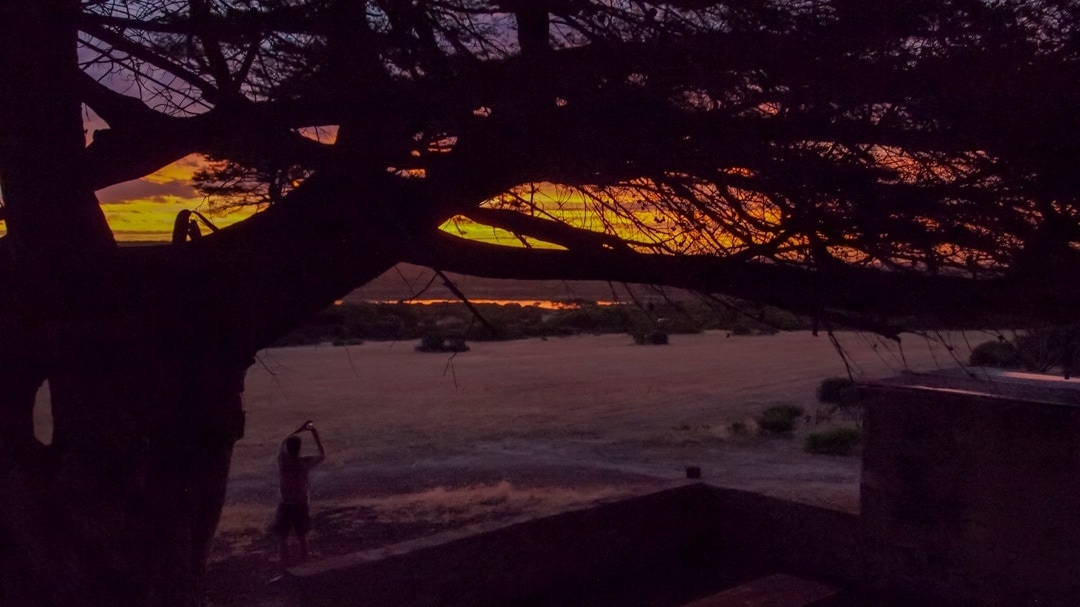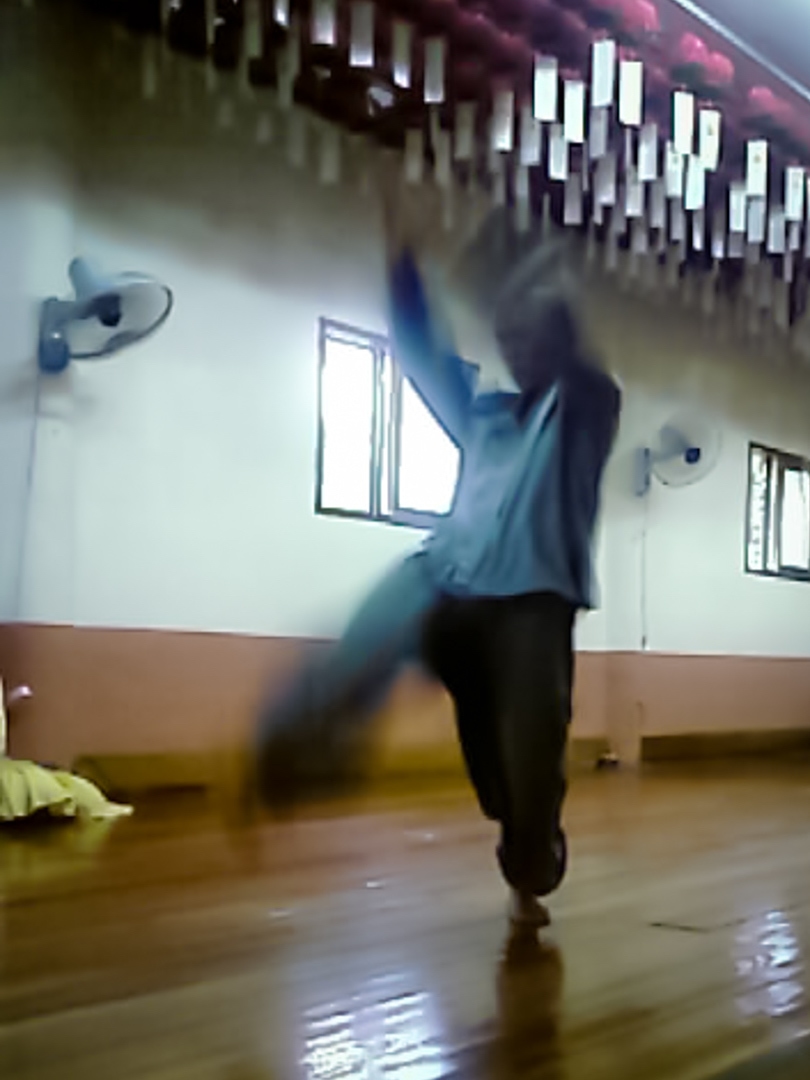Waltz: for more effective action
There is a straightforward approach to problems. Take action or research them in steps.
Then there are our realities. We change issues as we engage, through the questions we ask and how we understand. A triple step. A waltz!
The action and evidence waltz
Single, double and triple steps for us all to be more effective.
A decade ago
I’m sitting under a tree and watching the sunset, over the Pacific Ocean, while editing the last of my 500 pages. As the sky shifts redder and landscape colors warm I’m wondering is all this effort worth it?
That is, does all the writing make a difference?

Action and Research as a single step
In our business and wider worlds evidence, and particularly the research that goes into it, can often be demeaned.
In many academic worlds the idea of action may be rather theoretical.
These are clearly artificial boundaries. But, it is very obvious evidence does not necessarily lead to action. The examples are numerous:
- Less income inequality in a country results in better overall economic outcomes for everyone.
- For the last thirty years we’ve had more than sufficient evidence for greenhouse gas action—arguably for much longer.
- High levels of sugar and fat in our diets are bad for us.
Clearly, there’s quite a chasm between research and action. It is not superficial. Yet, it can be profitably and beneficially— systemically—addressed.

Action and research as a double step
Under the tree I am in the final stages editing my PhD. I’d started it from a deep dissatisfaction about my own and our society’s assumptions. There are many such pieces but an obvious one is ‘we always act in our own financial interests’. When it comes to climate change, and many other things, there’s abundant evidence we don’t. That’s true individually as well as collectively—for you and I as well as businesses.
These two concepts, action and research are intertwined and interdependent
I got into my doctoral research for more effective action. The profound conundrums I was encountering in my work and life defied the ways in which I could make sense of the world.
One example. I was part of a winning bid, in an Australian national competition, to deliver the Adelaide Solar City. A part of this was helping businesses to save money, increase profits and cut power use. With millions of dollars of funding to do this a lot of industrial outreach was underway.
At one site it’s a simple offer. It is clear straightforward measures are capable of reducing power use by $30k a month. Those measures and our subsidized help to implement them and work out the details will cost $90k. The business has more than enough resources to undertake the work yet we could not persuade them. Over a quarter of a million dollars could have been banked within a year.
This is not an isolated example. Moreover, the same is true for research. We have powerful knowledge in many areas. I helped a major multinational corporation. Its data center manager had undertaken a thorough review, analysis and systematic assessment to avoid substantial extra investment in power lines. Computers need electricity, produce heat and require cooling. The more there is of each of those the larger the supply infrastructure needs to be. Break the cycle and thousands of dollars of extra substations and power lines can be offset.
It was a beautiful business case with deep analysis. The whole effort went nowhere.

The triple step
Our research with action. Our action with research. We are part of both and there’s great evidence that helps us to do this.
A five hundred-page thesis. Few will read all of these pages. Is it worth it? Writing this is part of a profound and ongoing transformation for me—for the ways I engage and, consequently, for wider impacts.
Fortunately, there are multiple ways into this. Many do not involve writing a tomb:
- For all of us have a look at adult development stages and the insights these are connected with: Power, perspectives and passion here>
- For researchers, there’s a depth of assistance through the Action Research community. A good starting point is: What is good action research here>
- In business and organizations, we can help significantly with simple tools such as polarity management. It shifts stuck problems, shifts us, from seeing things as either-or mutually exclusive options to both-and. See this case study for a good example: Holistic health system: values and diversity delivering $s here>
Power and flow
Back with the data center manager. He was seeing the business case as a problem to solve and a problem that was stuck. At the same time, he was fascinated by the diversity of ways people responded to information, making sense of the same facts in different ways to come up with somewhat opposite opinions.
The problem became unstuck through Al Gore and Climate Ambassadors. This enabled him to “dust off” the business case a year later. The numbers were still the same. However, the passion and interconnections assisted by Al’s program let him connect the research with others’ perspectives on the action. His initiatives got the green light.

Resources
Links and credits
For more about single double and triple steps see Reframe and reconceptualize: Single, double and triple loop learning here>
For a detailed analysis of the evidence we ignore financial gains, crazy discount rates on action and more see Power and profit: a paradox here>
A summary of different ways we make sense of ourselves and the world around us, our shifts in thinking-patterns, is here>
On (be) Benevolution you will find a visual index of articles transformation index here> and on climate here>
Photos by Festina Lentívaldi, (be) Benevolution. Reuse: Creative Commons BY-NC 3.0 US.
Hilary Bradbury on good action and research
Subscribe
Get the newsletter (story summary).
Recent posts
Coming home
We belong to and are of the Earth but we bypass our sense of belonging. I missed this leaving home and my story mirrors our larger, human-wide journey. What do I need to come home?
Climate consciousness
70 students, a UN, MIT & Vienna simulation meet Integral. With inner and outer development can we transform humanity’s, and our planet’s temperature, trajectory? Try it!
A mindset of transformation
Our multiplying and interconnected eco-social crises are met through awakening and love: bigger realities, ways of thinking, being and doing.



0 Comments